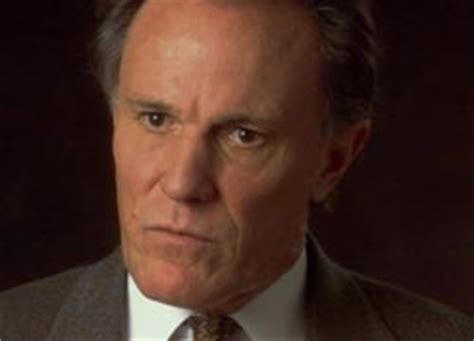A Quote by Oliver D. Crisp
The best Reformed theology isn't just about careful arguments for theologically sophisticated conclusions. It is about how to live the Christian life.
Related Quotes
I couldn't possibly tell you. But I would say be very careful with your suppositions. People are so quick to jump. That's what I love about playing the character. People are so quick to draw conclusions about who he is. The whole thing about Loki is that he's dancing on this liminal line between redemption and destruction. Just be very careful about drawing conclusions based on what you see.
It sounds superficially fair. But it presupposes that that there is something in Christian theology to be ignorant about. The entire thrust of my position is that Christian theology is a non-subject. It is empty. Vacuous. Devoid of coherence or content. I imagine that McGrath would join me in expressing disbelief in fairies, astrology and Thor's hammer. How would he respond if a fairyologist, astrologer or Viking accused him of ignorance of their respective subjects?
There are constraints on what counts as "Reformed." It's more than a name or a label. It's about belonging to a particular theological stream or tradition, which is shaped in important respects by particular thinkers and their work, particular arguments and ideas, a particular community (especially, particular church communities, denominations, and so on), particular liturgies or ways of worshipping and living out the Christian life, and particular confessions that inform the practices of these communities.
Being a Christian does not mean that there is one way of living a Christian life, people do it differently in different cultures because they have different interpretations, that's how it should be. The disciples had arguments with Jesus! It is about listening to one another, and respecting one another with those differences.
Christian theology provides some of the best arguments for respecting animal life and for taking seriously animals as partners with us within God's creation. It may be ironical that this tradition, once thought of as the bastion of human moral exclusivity, should now be seen as the seed-bed for a creative understanding of animal liberation.
Scientists and theologians can’t offer better than circular arguments, because there are no other kinds of arguments. Bible believers quote the Bible, and scientists quote other scientists. How do either scientists or theologians answer this question about the accuracy of their conclusions: “In reference to what?
It is often reported that the Five Points of Calvinism are the conceptual hard-core of Reformed thought. That is very misleading. The Five Points supposedly originate with the Synod of Dort in the early seventeenth century. Yet we find important Reformed leaders who were signatories to that documentation who don't think that limited atonement is the right way to think about the scope of Christ's saving work. How can this be? The answer that recent historical theology has thrown up is that the canons of the Synod don't require adherence to the doctrine of limited atonement.
It gives me great peace to know that no matter how good or how bad I do, the Lord loves me. That's all that really matters to me. Baseball isn't what everything is about. It's about the way I'm being a Christian husband, a Christian father, or the way I'm living my life and trying to be a Christian testimony to people.
This, then, is the foundation of sanctification in Reformed theology. It is rooted, not in humanity and their achievement of holiness or sanctification, but in what God has done in Christ, and for us in union with him. Rather than view Christians first and foremost in the microcosmic context of their own progress, the Reformed doctrine first of all sets them in the macrocosm of God's activity in redemptive history. It is seeing oneself in this context that enables the individual Christian to grow in true holiness.





























